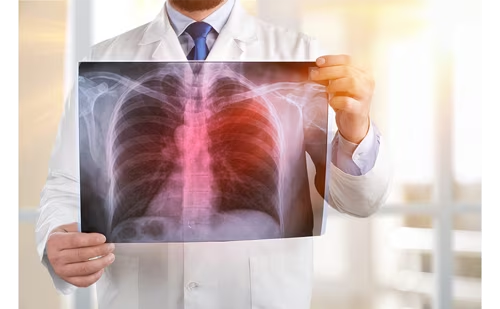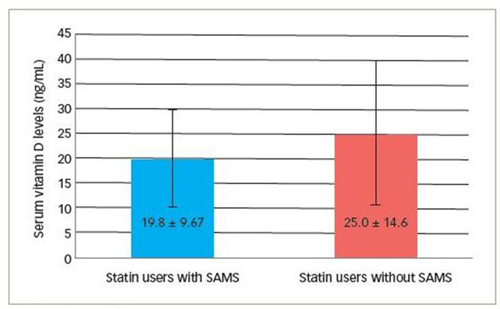Welcome to the latest edition of touchREVIEWS in Endocrinology, which includes a broad range of articles selected for their evaluation of current practices and research that directly affect endocrinologists as well as being of interest to the wider biomedical community. We begin with an editorial from Robert Hegele on the subject of targeted reduction of apolipoprotein C-III, a promising new approach for the treatment of familial chylomicronaemia syndrome.
Establishing a prompt diagnosis of growth hormone deficiency during childhood is essential, but current diagnostic procedures have limitations. In an editorial, Rohan Henry considers the use of macimorelin acetate, which is approved for the diagnosis of adult growth hormone deficiency.
Pancreatic neuroendocrine tumours are associated with substantial morbidity and mortality. Boharoon and Grossman consider alternative treatment approaches targeting dihydroorotate dehydrogenase.
As ever, type 2 diabetes (T2D) forms the focus of many articles. Jeeyavudeen et al. present an evidence-based review of statin-related muscle toxicity. Statin use has been linked with the development of new onset T2D. In a systematic review, Harmanjit Singh evaluates the literature underlying this claim. Urinary albumin excretion rate and estimated glomerular filtration rate are standard diagnostic criteria for diabetic kidney disease (DKD). However, D’Marco et al. describe a ‘non albuminuric’ DKD phenotype, the diagnosis of which presents a challenge. The advent of sodium-glucose cotransporter-2 inhibitors offer people with T2D new options to mitigate the risk of cardiovascular and kidney disease. Neumiller et al. review our increasing understanding of this important drug class. Continuous glucose monitoring (CGM) is the standard of care for people living with diabetes, however its implementation in older adults can be challenging. Prasad-Reddy and Isaacs review these challenges, as well as the benefits of CGM in the elderly.
Our attention now turns to general endocrinology. Advances in the management of childhood cancers have led to dramatic improvements in survival. However, this has been accompanied by an increasing number of cancer survivors with endocrine disorders, particularly those of the gonadal axis. Rey et al. review the consequences of childhood cancer therapy on reproductive health.
Male hypogonadism is under-recognized and under-treated. Bhat and Dobs review the benefits and limitations of testosterone replacement therapy with a focus on the role of new oral formulations. Immunoassays are standard methods for assessing hormone levels in serum; however, they can yield inaccurate results. Glenn Braunstein reviews the sources and recognition of endogenous interference in immunoassays. Finally, non-alcoholic steatohepatitis (NASH) has become one of the most prevalent forms of cirrhosis and hepatocellular carcinoma. Brennan et al. review current and emerging therapies in its management.
The editors of touchREVIEWS in Endocrinology would like to thank all expert authors who contributed their time and expertise to this edition. A special thanks goes to our editorial board for their continuing support and guidance. We are also grateful to all organizations and media partners for their ongoing support. We hope that you find these topical articles interesting and informative.
John Doupis
Dr John Doupis is Director of the Diabetes Division of Iatriko Palaiou Falirou Medical Center, and the Internal Medicine and Diabetes Department of the NS Naval Hospital, Athens, Greece. He is a former clinical research fellow of the Joslin Diabetes Center, Harvard Medical School, Boston, MA, USA, and scientific partner of the Joslin–Beth Israel Deaconess Foot Center, also at Harvard Medical School in Boston. He has served as a principal investigator in many multicentre phase I, II, III and IV clinical trials, most of which have been published in international journals or presented at congresses. He is a registered reviewer and a member of the editorial board for many major diabetes medical journals. He has given numerous lectures in national and international congresses, presenting over 200 abstracts. His special areas of interest are diabetes and its complications, diabetic foot, diabetes-related smart technology including mobile apps and telemedicine, and obesity.











